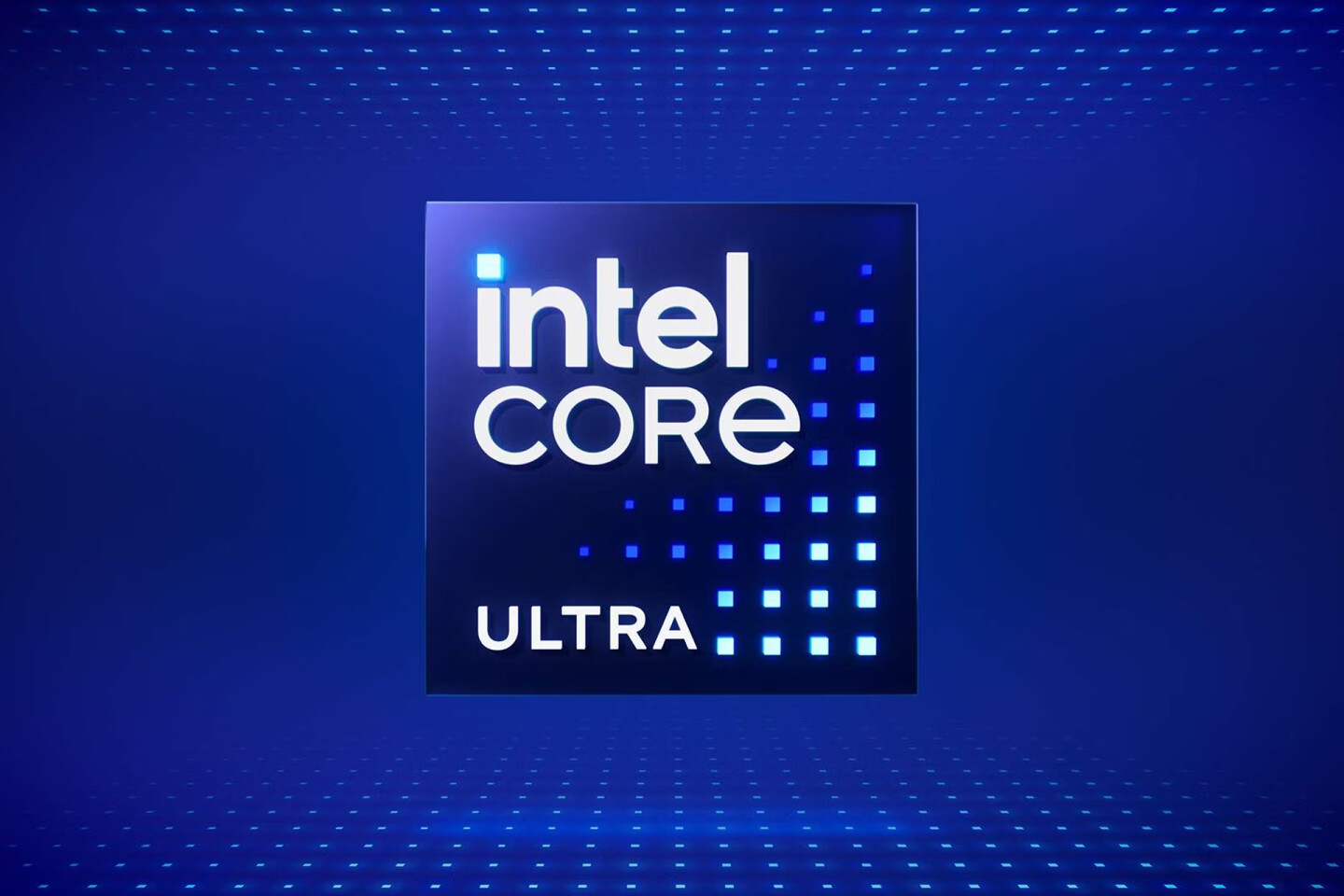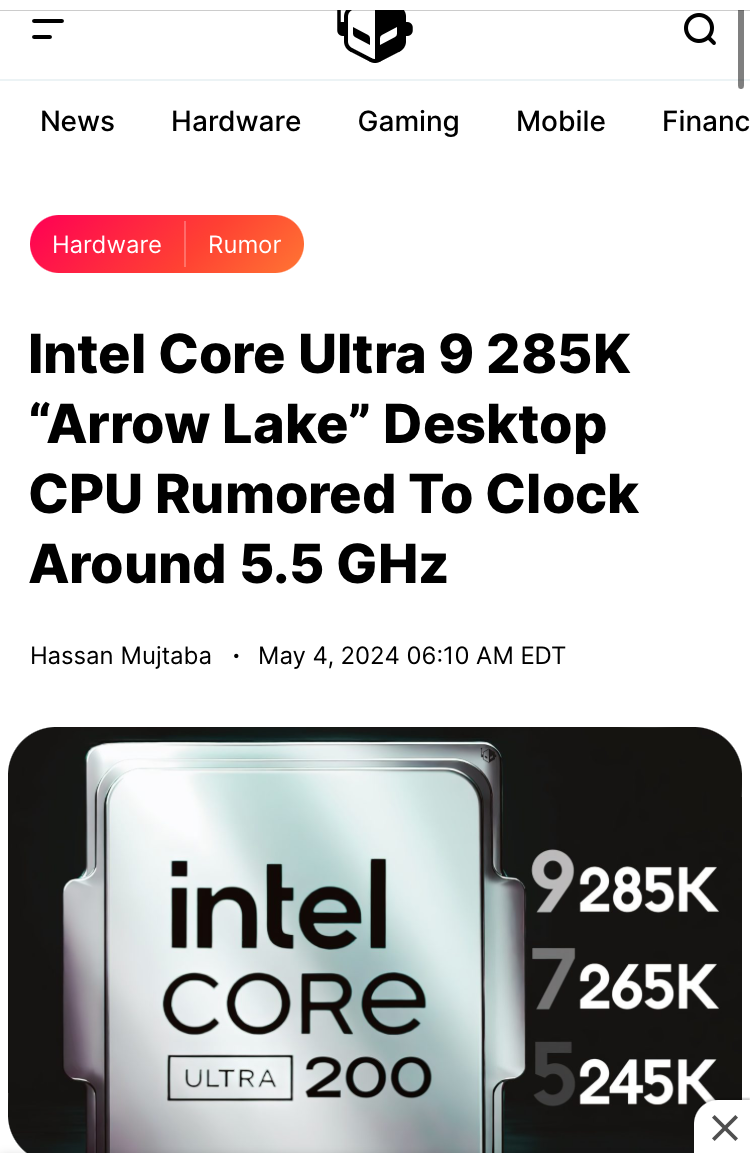erek
[H]F Junkie
- Joined
- Dec 19, 2005
- Messages
- 10,996
"To enjoy the Core Ultra 200 series, users will need to upgrade to new motherboards featuring the 800-series chipsets and the LGA-1851 socket. Unlike the Core Ultra 200V Lunar Lake models for mobile devices, details about the desktop version have remained scarce, shrouding the impending launch in an air of mystery. While Raichu's leaks carry significant weight, it's essential to approach such information cautiously. There's a possibility that SKUs like the 290K may still be introduced, as a new KS version, aligning with Intel's traditional naming conventions. The Core Ultra 200 series promises to cater to a wide range of desktop users, from the performance-hungry enthusiasts eyeing the Core Ultra 9 285K to budget-conscious consumers seeking the value proposition of the Core Ultra 5 245K. The Core Ultra 7 265K is expected to strike a balance between performance and affordability, targeting the mid-range segment. As more leaks and official information surface, we will continue to provide updates on this release from Intel."

Source: https://www.techpowerup.com/322060/...d-core-ultra-5-245k-arrow-lake-s-desktop-cpus

Source: https://www.techpowerup.com/322060/...d-core-ultra-5-245k-arrow-lake-s-desktop-cpus
![[H]ard|Forum](/styles/hardforum/xenforo/logo_dark.png)


